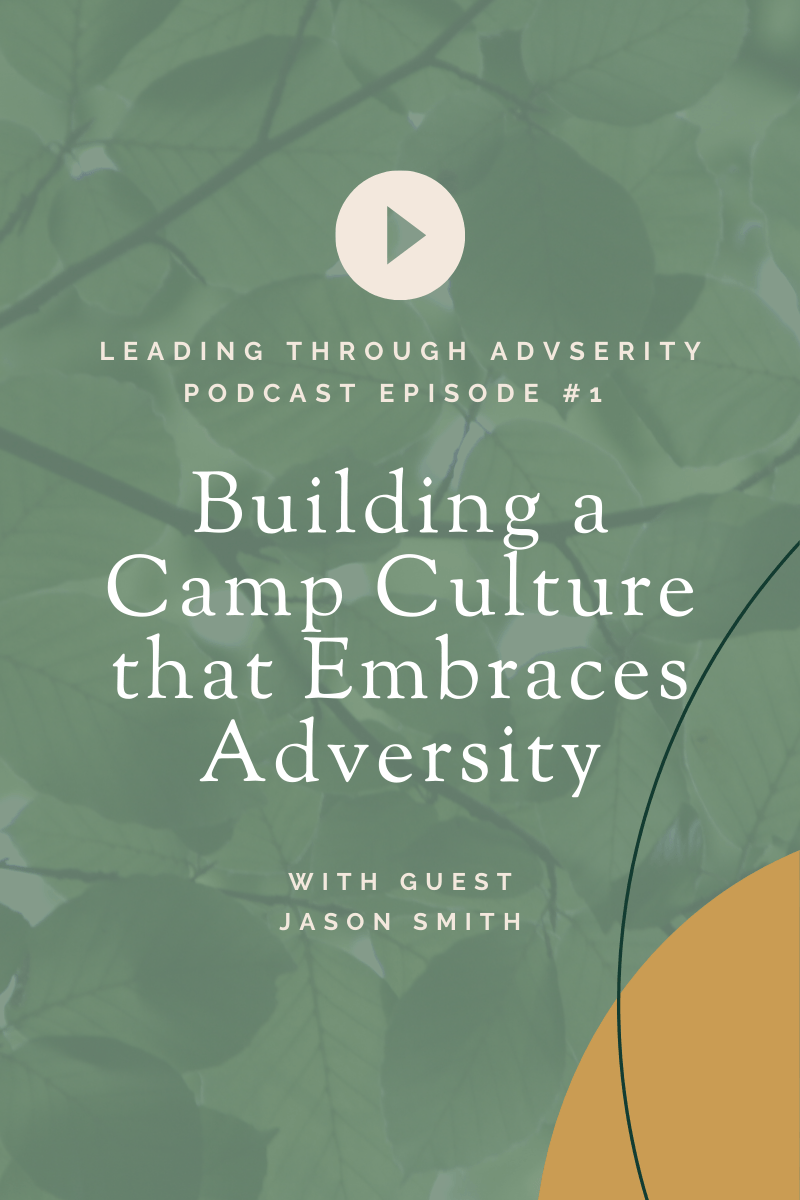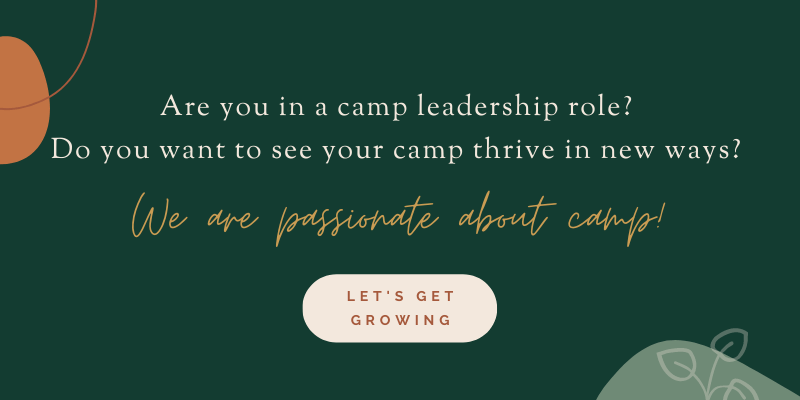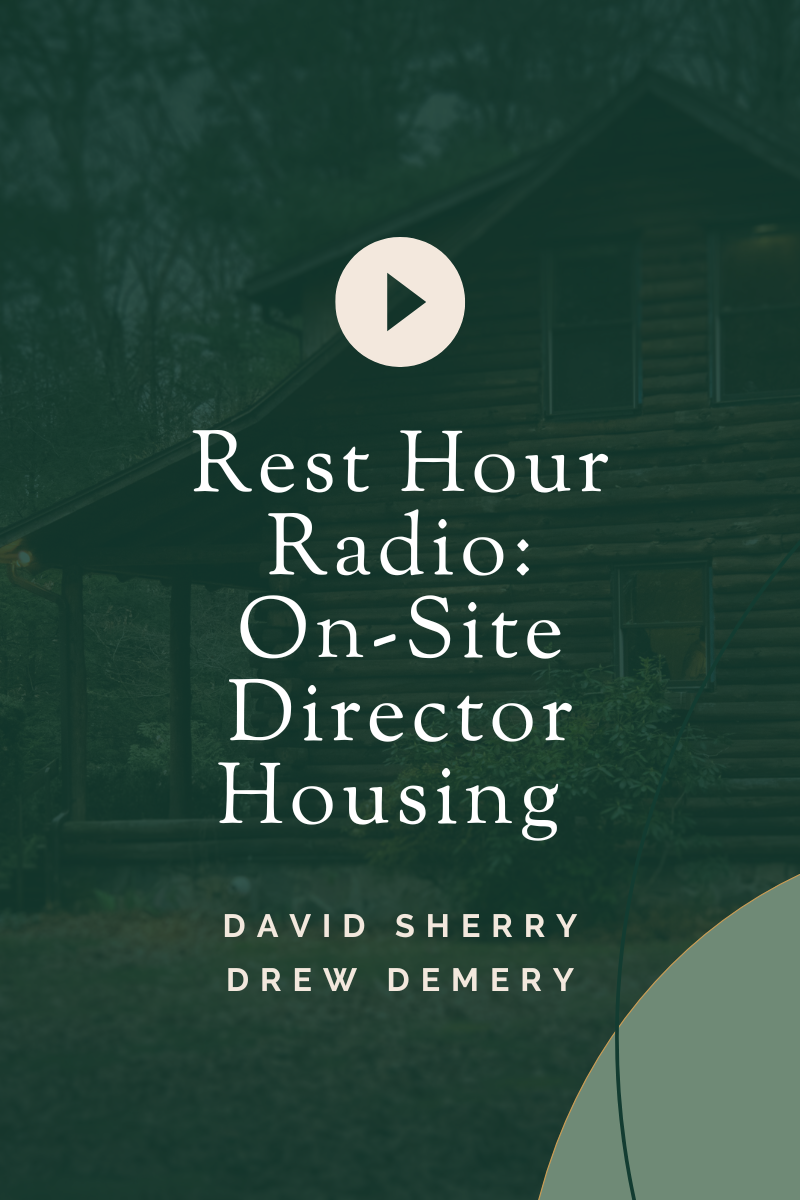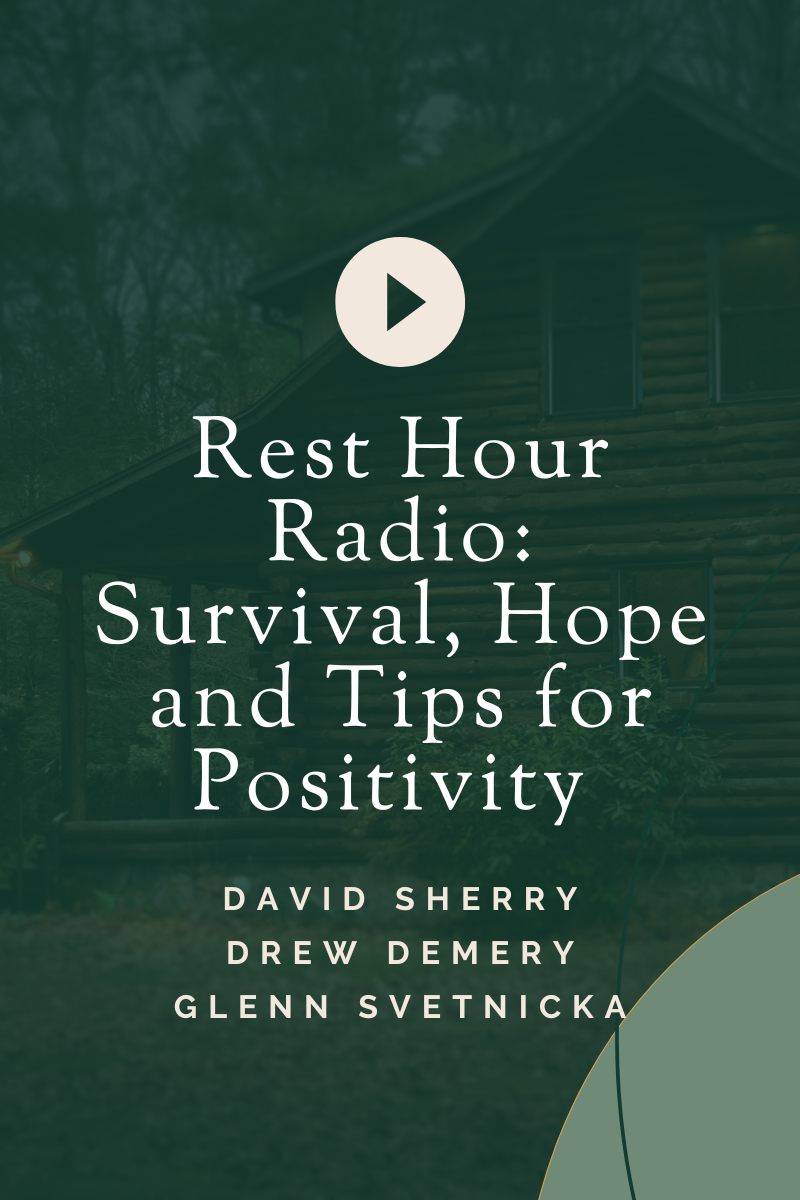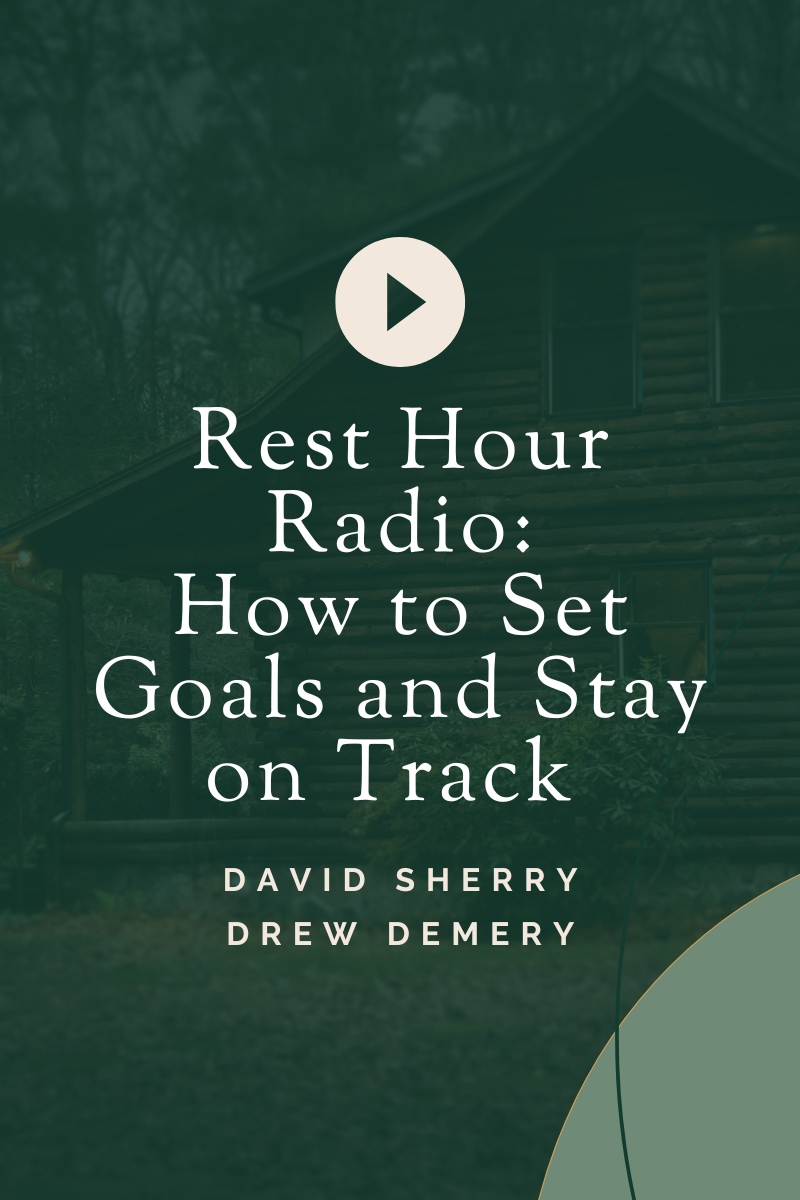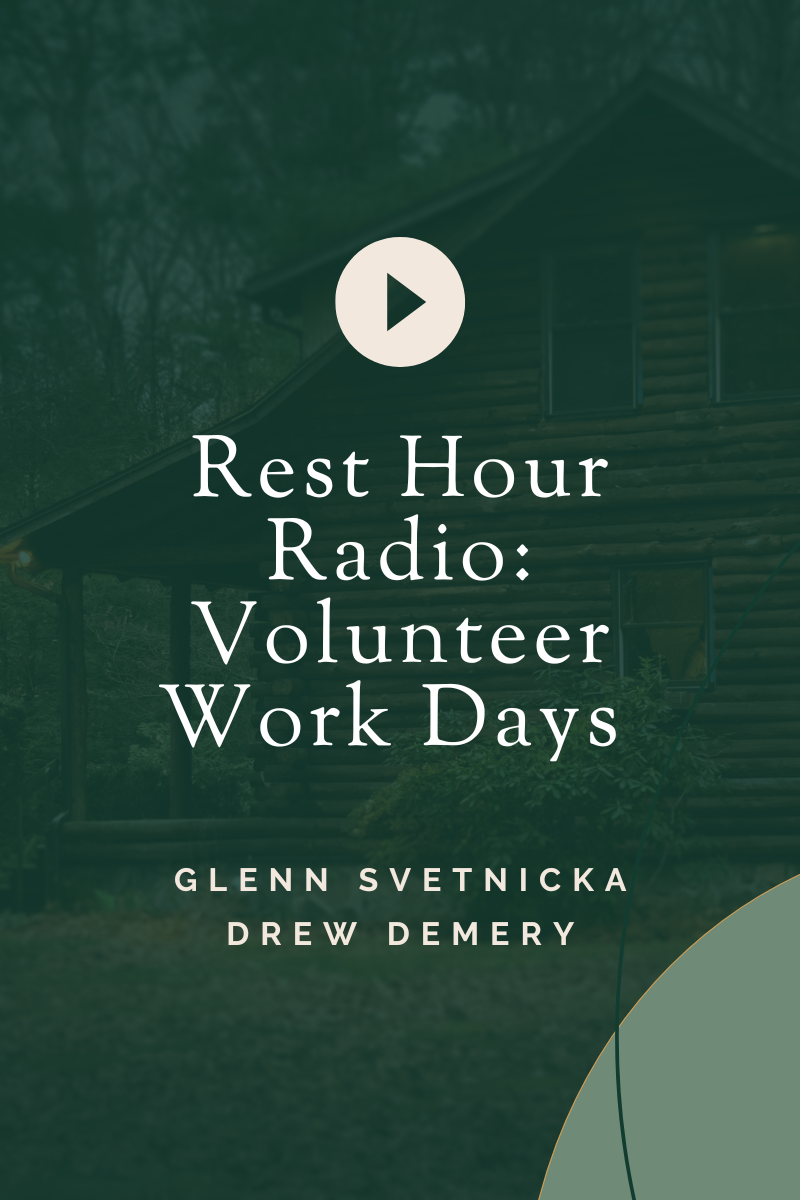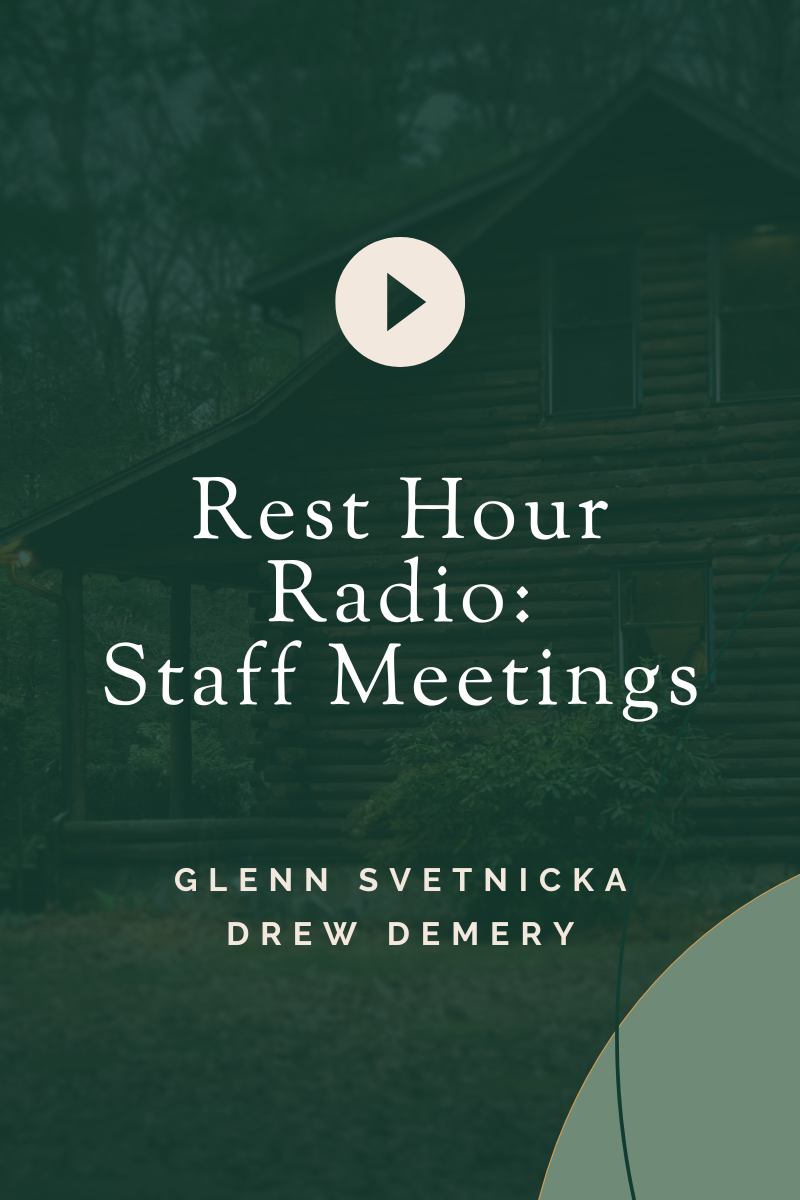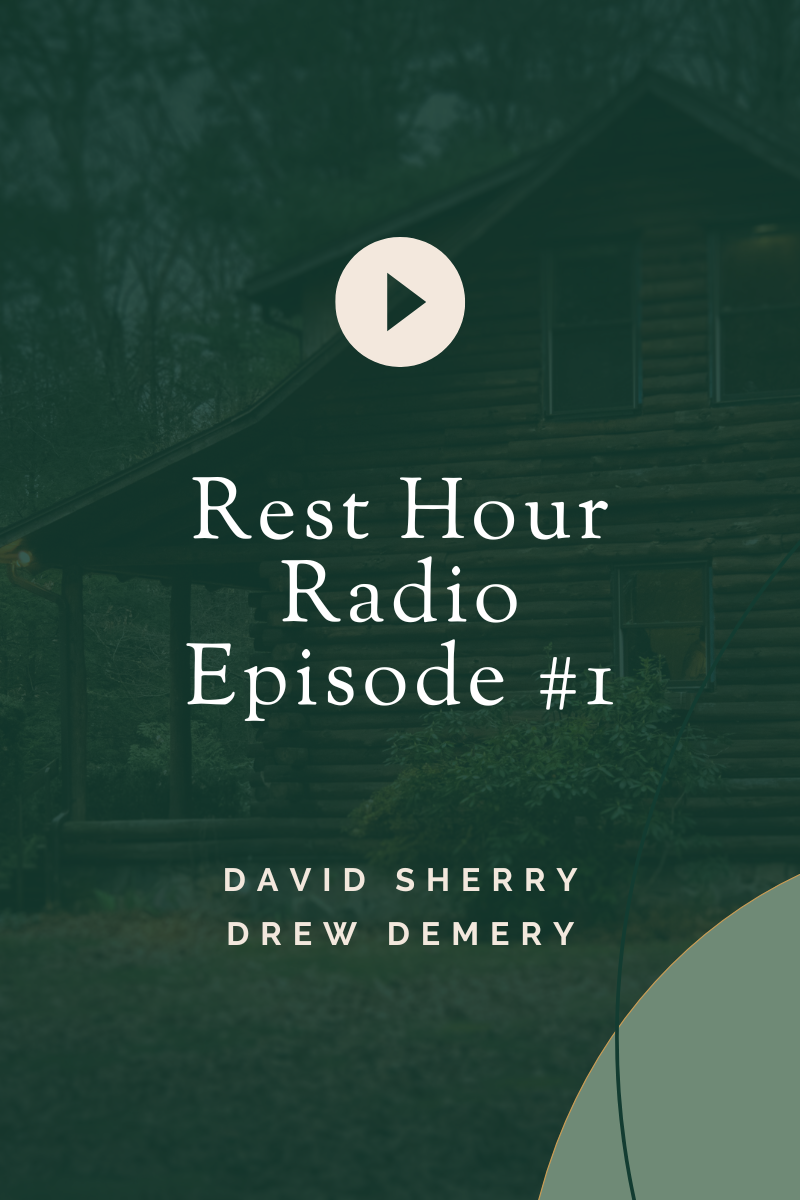CLICK THE PLAY BUTTON TO LISTEN NOW >
Listen in on Episode 1 of our Leading Through Adversity Series as Drew and David sit down with Jason Smith, Camp Director of YMCA Camp Kitaki to discuss how he and his team have developed a culture that embraces adversity at camp and training staff to thrive within this culture.
Welcome to the podcast, Jason Smith thanks for joining us. Please tell us a bit about yourself, your camp and your camp journey.
Thanks for having me on. I am the Camp Director for YMCA Camp Kitaki, a 200 acre camp operated by the YMCA of Lincoln, Nebraska. We serve about 2,800 children every summer, ages 7-17 for overnight camp. My camp story began with Camp Kitaki through various camper programs, then I was a counselor, then a Program Director position opened up and I never left.
Camp must really feel like home for you.
Yes, absolutely. I really fell in love with Kitaki once I became a staff member and now it’s home.
This podcast is all about leading through adversity. How has adversity presented itself during your tenure with Camp Kitaki and how have you managed through those challenging moments?
Everyone has moments of adversity at camp and as a Director I’ve heard many fellow Directors’ stories. Today I’d like to talk about the everyday adversity that presents itself and how we’ve shaped our camping culture to overcome those challenging moments. Adversity can be thought of as either difficulties or misfortunes, and difficulties specifically impact every person that comes to camp. A couple years ago we began to really think about how we might build meaningful adversity into our program intentionally. That shared moment of overcoming adversity as a group can be extremely powerful. When I was a camper at Camp Kitaki I faced adversity with my fellow campers on a canoe trip that really shaped me in a positive way moving forward. So when I became Director I began to work with my team to build these moments into the camping program. We specifically built an overnight camping trip that left many of the planning details to the kids and staff knowing that adversity would present itself in this format. The kids really enjoyed it and it was a success.
What a great concept. I love the quote “difficulties are a part of camp”. Adversity can be manufactured at camp such as through a low ropes challenge course, it can also pop up more naturally throughout the experience. How did you build the framework for more of these moments into your everyday camping program and schedule?
The first step was realizing that adversity happens all the time at camp whether you intentionally make it happen or not. So we focused on overcoming that everyday adversity so that when the really challenging moments happen we’re already in that mindset. We think that in order to overcome this kind of adversity everyone that comes onto camp should feel respected. That’s the baseline. For example, we intentionally looked at how little things like skits and songs were working against this mission of “respect everyone”. On the surface many things seem innocent, but once you dig a bit deeper they are counterproductive to your mission. “What you don’t put a stop to, you allow to continue” is how we phrase it for our incoming summer staff during training. We often step in during moments during the day to call out these adverse moments, such as booing.
Jason, how do you get your seasonal staff into the mindset of “respect everybody”?
We so often talk about the goals of camp, but we seldom talk about the limits of it. We start with the goals of our program and staff from the very beginning of the hiring process. One thing that we highlighted was how we talk about campers. We often demoralize them when we speak about the challenging kids. These kids aren’t bad, they are just lacking the skills to be better in that moment, and we want to help them gain those skills.
How do you get young staff to understand and operate with this mentality?
Time and Consistency. Now every time we talk and work with kids we start with that base level of respect. The first thing we talk about during training is KPALS. K means get down on Kid level to show respect.
What are some good resources for other Camp Directors that want to develop a camping culture like this?
Resources are everywhere. We’ve taken ideas from many camps around us. Non-violent communication and Restorative Justice practices have been great concepts to introduce. The Sherman Lake YMCA has a really great tool about “The Path” which talks about safety being on one side and values on the other. The idea is to stay on the path so as to not lean to one side and become unsafe or live bad values. Developing a cohesive language and set of rules across the camp was really useful.
How much time and investment does this kind of systemic cultural change take?
It takes quite a bit of time, investment and patience. We opened in 1953 and some good traditions have lived on and new ones have been created. It takes about 3 years to create something new and long-lasting. One great thing that we’ve developed were clear limits for staff, we call them Cardinal Sins and they require immediate employment termination if broken. We have 5 of them, everything else is more or less up for conversation when it comes to staff guidelines and rules. The 5 Cardinal Sins at Camp Kitaki relate to drugs/alcohol, abuse, sexual activity, neglecting kids and leaving camp without permission. During staff training we lay out these rules very clearly and it becomes the line in the sand. As a Director you have to be willing to stand behind these rules very firmly. In the past staff have taken these rules to heart and that’s a good thing. When our staff understand the goals and these limits they are in a good place.
Camp is always evolving and we learn so much from each other when we share these kinds of concepts and tools. You’re very insightful and we thank you for your time, Jason.

